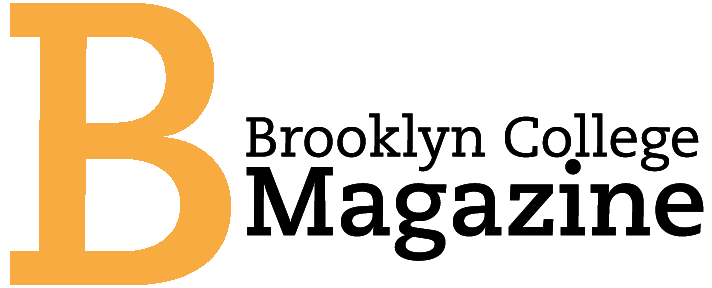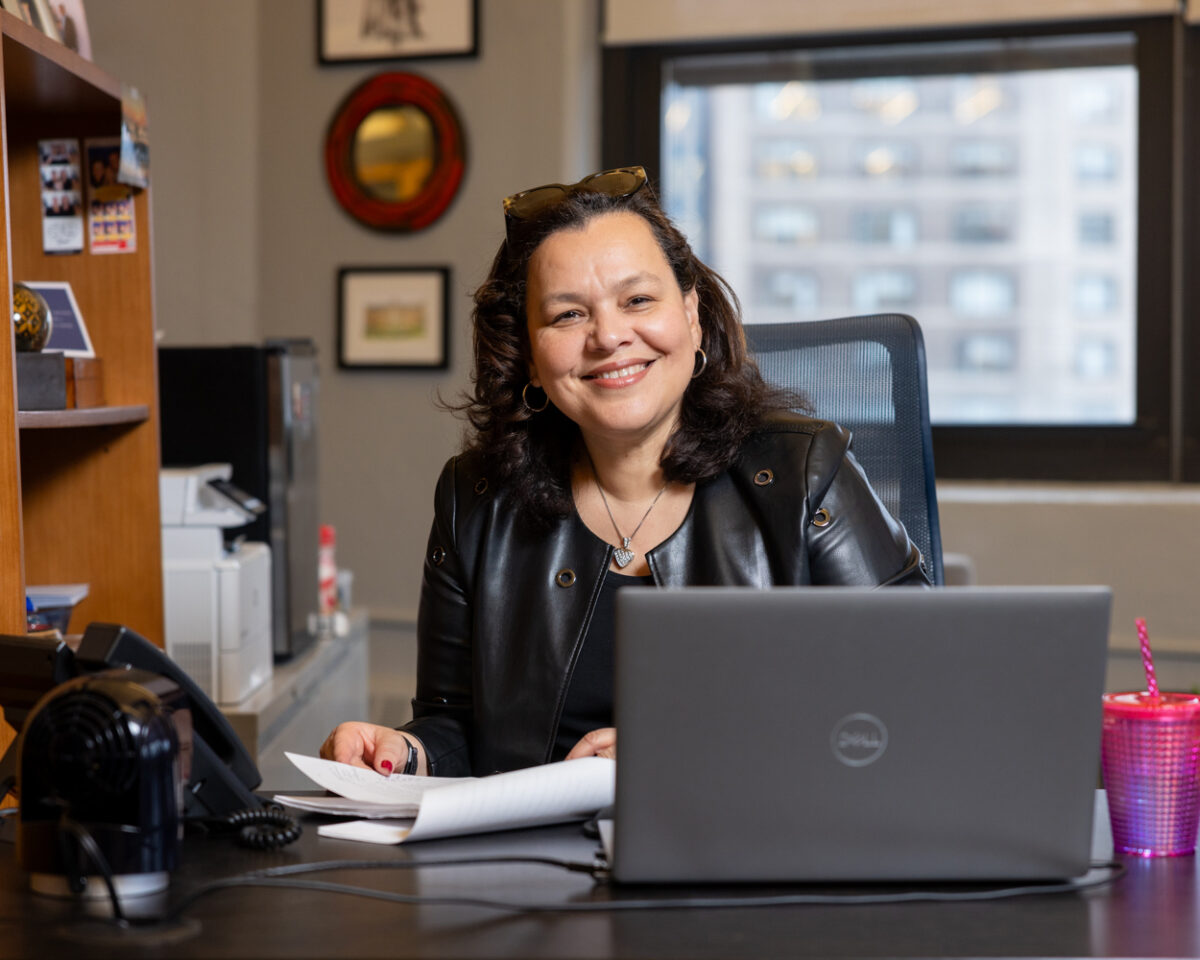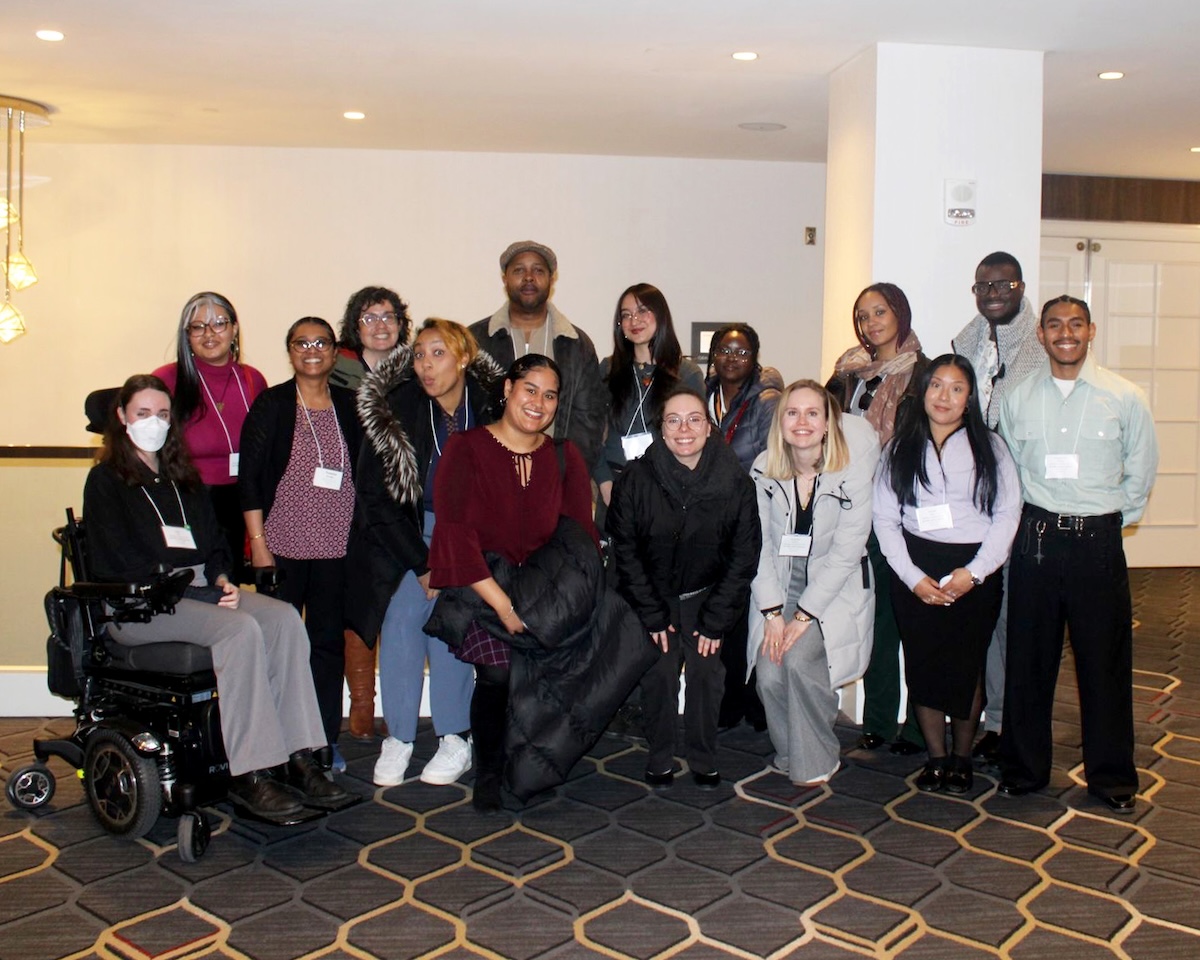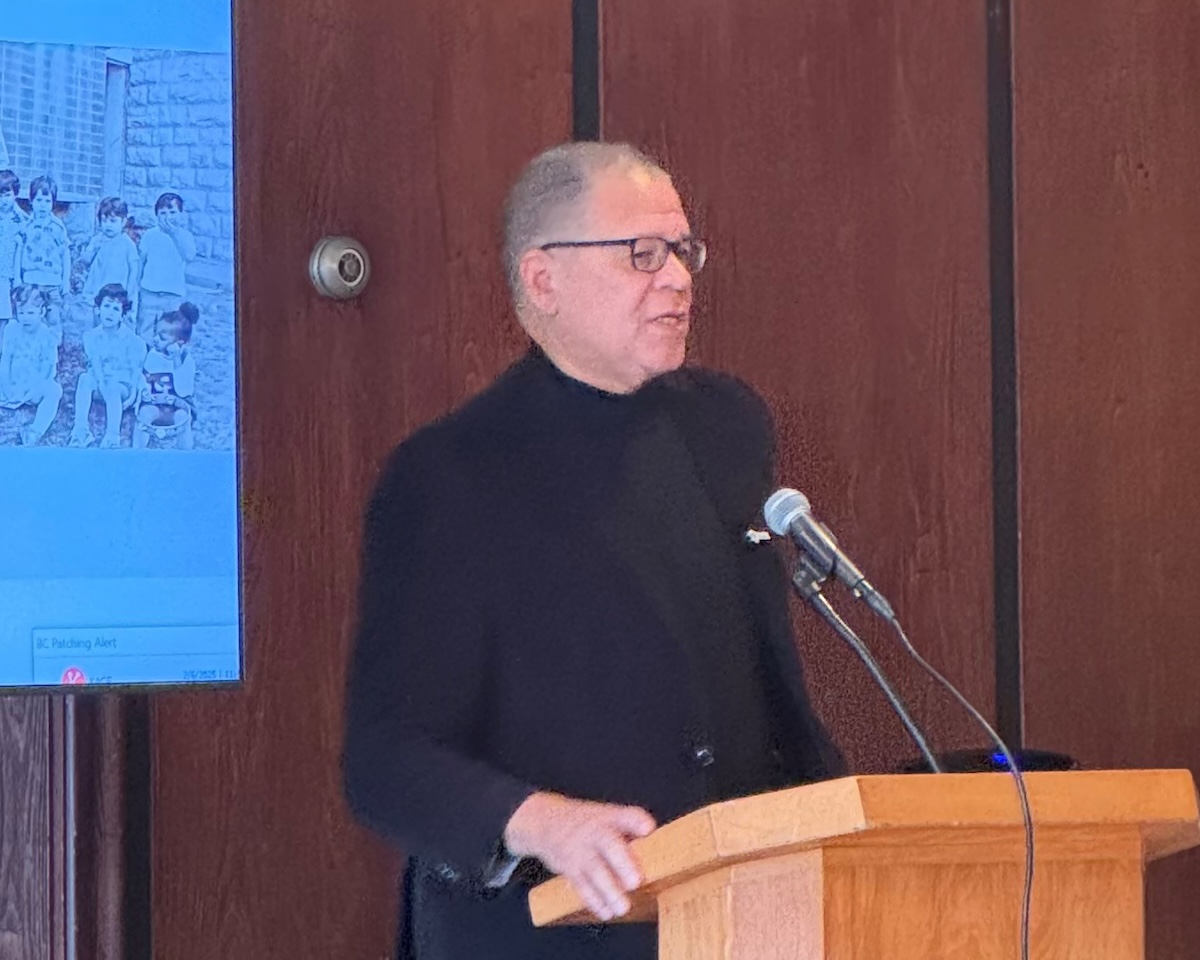Lisette Nieves ’92 understood from an early age what helping others could look like. While growing up in Brooklyn, she witnessed her hardworking parents give friends a place to stay when they had nowhere else to go or help neighbors who were struggling financially to get back on their feet. While still in high school, she joined the City Volunteer Corps, working in one of the first AIDS wards in New York City in the early years of the disease. She went on to Brooklyn College, earning a Bachelor of Arts degree in political science. Nieves was the first Puerto Rican woman and the first Brooklyn College graduate to become a Rhodes scholar. She went on to earn advanced degrees from Oxford, Princeton, and the University of Pennsylvania.
Nieves’ illustrious career includes becoming a public sector leader, social entrepreneur, and an adviser to President Obama. In 2005, she founded Year Up NY, an innovative workforce development program. Today, she is the president of the Fund for the City of New York, overseeing programs that support excellence in government and nonprofit organizations with a focus on underserved communities. Here Nieves talks about the importance of service and activism, how the experiences of Brooklyn College students today mirror her own, and what she learned on a recent return to campus.
Could you tell us about your experience as a Rhodes scholar?
Brooklyn College was—and still is—a campus full of first-gen students from around the world. When I went to Oxford, there were levels of entrenched privilege. Students came from four and five generations of college education. I was only one of two of the 32 Rhodes scholars whose parents did not have a college degree. (Mind you, my parents were super bright!) At Oxford, I met a radical group of Irish working-class, first-generation students, and I became much more aware of what was happening in the world outside of the United States. A dear friend of mine from South Africa was going home to vote for the first time ever. And I’m thinking, “Oh my God, will he come back?” There was a realization of what I could do—like vote—that others couldn’t.
You are the founding executive director of a program for young adults called Year Up New York. How did that come to be?
So many young people have to hustle to get an education, particularly one that will get them a decent-paying job after graduation. I founded Year Up to create a path to social mobility and give talented young adults access to skill-based training without the financial burden. I have had the pleasure of identifying talented young people, first convincing them that they can succeed in whatever they choose to do, and then colleagues at Year Up, that they belong in the program. I’m grateful that I get to be a part of that, helping to set folks on the path to success. It’s something so much bigger than myself.
You’ve also had the incredible opportunity to work with the White House. What was that like?
After Oxford, I was recruited for AmeriCorps, a program of national service and volunteerism created by President Bill Clinton in 1993. I was first a program officer for the northeast United States, then a senior program officer. My job was to work with and support AmeriCorps’ state commissions. We were so young and worked tirelessly to expand the program.
In 2011, I was appointed a commissioner to President Obama’s Advisory Commission on Educational Excellence for Hispanics. I co-chaired the higher education subcommittee on the advisory commission with Dr. Luis Fraga from the University of Notre Dame. We worked with educators, policymakers, researchers, and scholars across the United States to understand what was happening around the outcomes for Hispanic students at all levels. There is a gap in access and achievement for Latino P-12 and higher ed students. So much of the data was about the persistence of the gap, access, and transition to employment. Working on the commission inspired me to do my Ph.D. in higher education and management.
Can you talk about the Fund for the City of New York?
The Fund for the City of New York works as an intermediary between government agencies, nonprofits, and foundations to enhance the function of government agencies and nonprofit organizations. Public services keep our city running and its employees deserve our support.
Our Partnership Program provides back-office operations and resources to 90 organizations across the city, and we are one of the biggest lenders through our Cash Flow Loan Program. The fund has been a provider for the American LGTBQ+ Museum in Manhattan and the Brooklyn Cultural Museum of African Art in Bedford-Stuyvesant. So we also work to make the city a richer place culturally. And then there are programs that we support such as the NYC Employment and Training Coalition that fortifies our city’s workforce. The coalition gives marginalized and disenfranchised individuals greater access to resources, therefore a greater chance at career success. Another program we fund, The Power of Two, focuses on helping families, often single women with children, in the early stages of parenting.
What brought you back to campus recently?
I was the keynote speaker for the Encuentro event last December cohosted by the Puerto Rican and Latin Studies Department (PRLS). When I got to Brooklyn College my freshman year and was exposed to Puerto Rican history, it was transformative. The faculty were my champions. When we learned I had won the Rhodes scholarship my senior year, PRLS celebrated first. They are like family to me. I believe we have a responsibility to give back, and I’m always happy to do so. In my Encuentro address, I spoke about my experience and research related to the theme of the Possible Dream: Latinx Arts, Communities and Leadership, Unity & Liberation. No one is free until everyone is free.
When looking out at an audience full of students at an event like Encuentro, what do you see?
I see incredible diversity. I see students who benefit from the fact that we, as a school, have been navigating across differences for many years, so everybody can be in the same class together, and work together. There is a similarity among students, wherever they are from, when it comes to their origin stories and what propelled them here. And there is a hustle culture that is universally respected. For me, Encuentro is the idea of truly understanding the new generation and dismantling some myths. We see young people, for example, discussing how they think about work, what their values are surrounding their careers, and work-life balance. We see more young people voting than ever before. For me I see engagement, and that’s something we need to harness.
Return to the BC Magazine



